For Beefeaters, the recruiting never stops
The Canadian Junior Football League is a unique level of football, with players neither in high school nor university. But more athletes are considering it. And there’s a good chance Matt Snyder has talked to them.
(Photo: Owen Price Photography)
* * *
The loss stung, for sure, but Matt Snyder didn’t have time to let any pain linger.
Last month, the London Beefeaters season came to a wild end in a 32-31 heartbreaker to the St. Clair Saints in the Ontario Football Conference (OFC) Finals at Acumen Stadium in Windsor. In the game’s final minutes, the Beefs failed on a two-point conversation, successfully recovered an onside kick, and then fumbled at the goal line as the clock ran out.
It was the kind of exasperating loss that could haunt a coach all off-season. Turns out, though, the Beefeaters’ GM and head coach quickly moved beyond the what-ifs, instead focusing on what’s next.
“I think that loss lasted until 7 the next morning,” Snyder said. “I got home, went to bed, woke up and started recruiting the next day. There was work to do.”
For coaches like Snyder, junior football is an always-on pursuit. Between constant recruiting, team building, game prep, and a full season, the challenges of tomorrow are always more important than replaying the ones of yesterday.
* * *
It may sound simple, but the coach’s biggest obstacle some days is getting players to understand what junior football is.
“Some people have no idea where we fall in the landscape. So, right off, there’s a strong sell job involved, as junior football isn’t widely understood,” Snyder explained.
The Canadian Junior Football League (CJFL) is a national amateur league consisting of 19 teams playing in five provinces across Canada. The teams compete annually for the Canadian Bowl. While some form of junior football has been played in Canada since 1883, the CJFL has been the game’s official league since 1974.
Founded in 1975, the London Beefeaters won the franchise’s first Ontario Football Conference (OFC) championship in 2012, then played in its first Canadian Bowl in 2021 (falling to the Langley Rams, 37-0, at then-TD Stadium in London). Although still seeking its first national championship, the Beefs have graduated their share of talent to the professional ranks, including Grey Cup champion Zack Medeiros of the Ottawa Redblacks.
In the minds of fans, however, junior football is a different level – not NCAA, not even USPORTS. It’s a level that doesn’t get a lot of publicity or play – and that’s particularly true in a city with one of the best university football teams in Canada.
“That’s actually a good thing for us,” assured Snyder, who served three years as running backs coach for the Western Mustangs (2019-21). “Western develops a lot of good football coaches, which then translates to good football in this city. That’s part of the reason why we’re successful as a program; Western is successful, and that coaching expertise all trickles down.”
The Beefeaters lost a heartbreaker, 32-31, to the St. Clair Saints in the OFC Final Oct. 21, 2023 at Acumen Stadium in Windsor. (Photo: Owen Price Photography).
* * *
When it comes to players, recruiting is key.
As a community-based program, the Beefeaters place local players high on the recruiting priority list. In September, the team hosts high school exhibition games where they bring in three or four teams from London.
For the remainder of the squad, the recruiting circle expands to an hour outside the area. Think Woodstock, Chatham, Sarnia, Kitchener-Waterloo, Hamilton. If circumstances are right, the Beefs welcome players from other parts of the province and country. Four international players are allowed on the roster each year, only two can be American.
It’s hard to find certain positions in Ontario. Top defensive players, for instance, are a rare breed in the province. That means defenses are often built from the outside in.
But while university sports grab the headlines, junior football is grabbing its share of players, especially as young athletes are choosing pathways that might not include university.
“In football, unlike, say, hockey, the best guys have typically gravitated towards university football,” Snyder said. “Junior football has been an afterthought until the last five or so years in London. It’s really started to take off where people recognize that junior football in London is a viable option for them.”
He continued, “We’re starting to see that high school kids are looking at us and saying, ‘Hey, maybe I’ll just go to community college and play junior football.’ A lot of guys go to university just to chase the dream of playing football after high school.
“We have guys on our team who have gone the university road and soon discover it’s not a good fit for them. Maybe it’s the academics. Maybe they don’t like the humanities and instead decide they want to be a plumber, an electrician, want work with their hands, want to try a trade. Doesn’t matter. They can do that and still play a high level of football after high school.”
Players also notice that junior football isn’t simply a backup plan, but a viable pathway.
“We feel like we're one of the best teams in the country at developing our players,” said Snyder, a former Beefeater himself and University of Windsor player. “We had 11 guys this past season named Conference Player of the Week – from all sides of the ball. Two years in a row, we’ve had a player win the Canadian Special Teams Player of the Year award. We’re developing guys. We’re turning them into great players.”
(Photo: Owen Price Photography).
* * *
The roster for next year (and even the year after) started taking shape last spring. With 10 to 12 coaches on staff, The Beefeaters are in constant contact with potential players, usually via social media, looking to get an idea of their plans, be it returning for a fifth year of high school, heading to university or college, or something else.
“That's the kind of stuff I learned at Western. Monitoring players. Building relationships. I have taken a lot of lessons I learned from my time there and making it work for us. Recruiting is the job. That’s what you're hired to do,” said Snyder, who expects 90% of the team’s base from 2023 to return next year.
December is a quiet month – a breather for players and coaches alike – until the New Year rush begins. Starting in mid-January, the team begins its off-season program, including indoor practices, team workouts, speed and agility training, and strength training.
In April, spring camp begins. That’s an important timeline, as it’s the first chance to bring in out-of-town players who might not participate in the winter program. May is an off month. Then, starting in June, practice fires up once a week, then twice a week in July, and then the season begins in August.
It’s a cycle Snyder knows well – and one he takes a lot of pride, given recent results.
“We have a proud program. We have resources in place to help these players get better,” Snyder said. “If they play here, they’re going to be able to come in as a 17-, 18-year-old guy and have some success by the time they leave at 22. We’re going to try to win some games, and they’re going get coached well. There is an opportunity, if you have that special talent, to go on from here and become a professional.
“These guys get to come here and continue their dreams.”
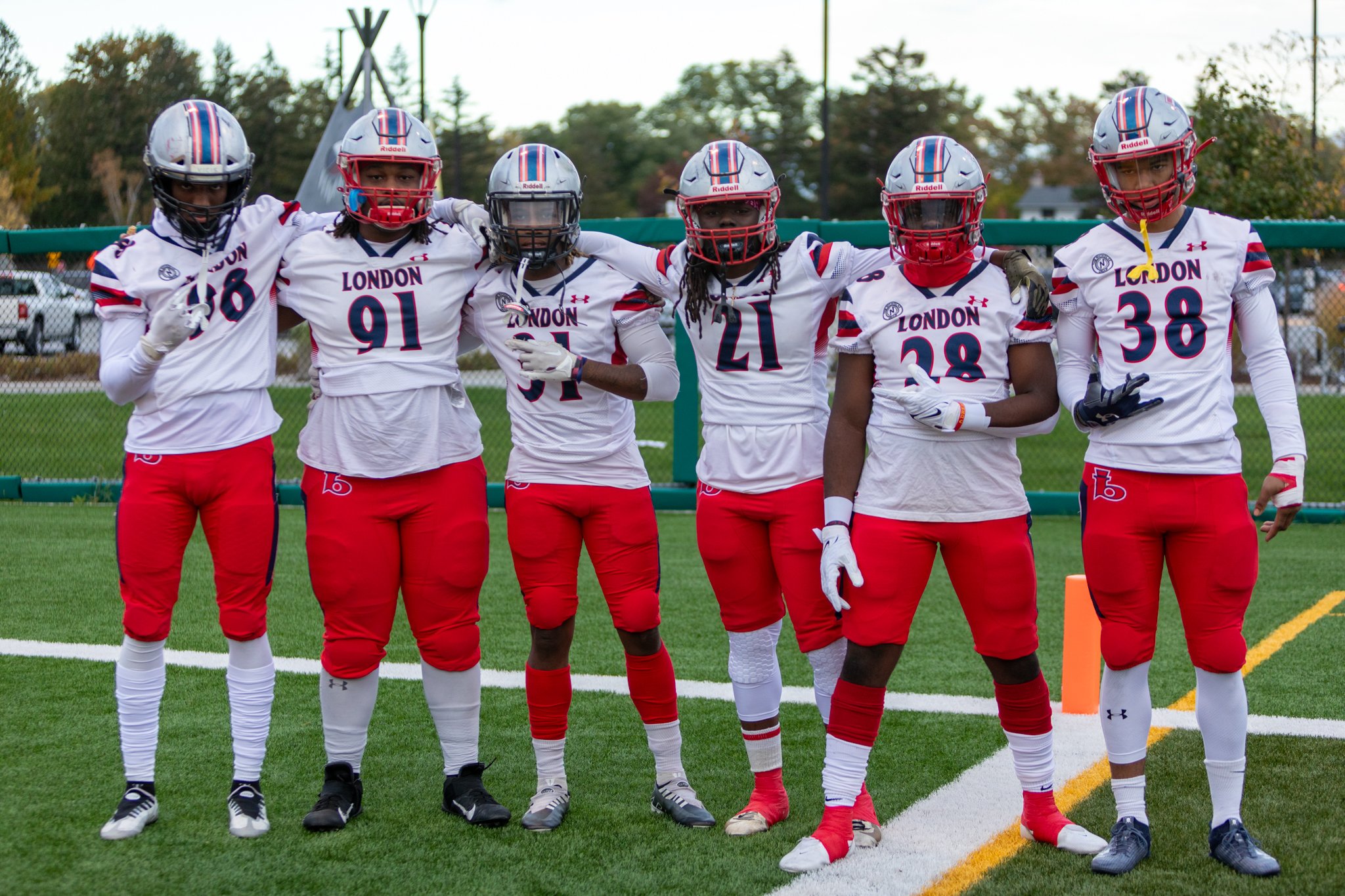

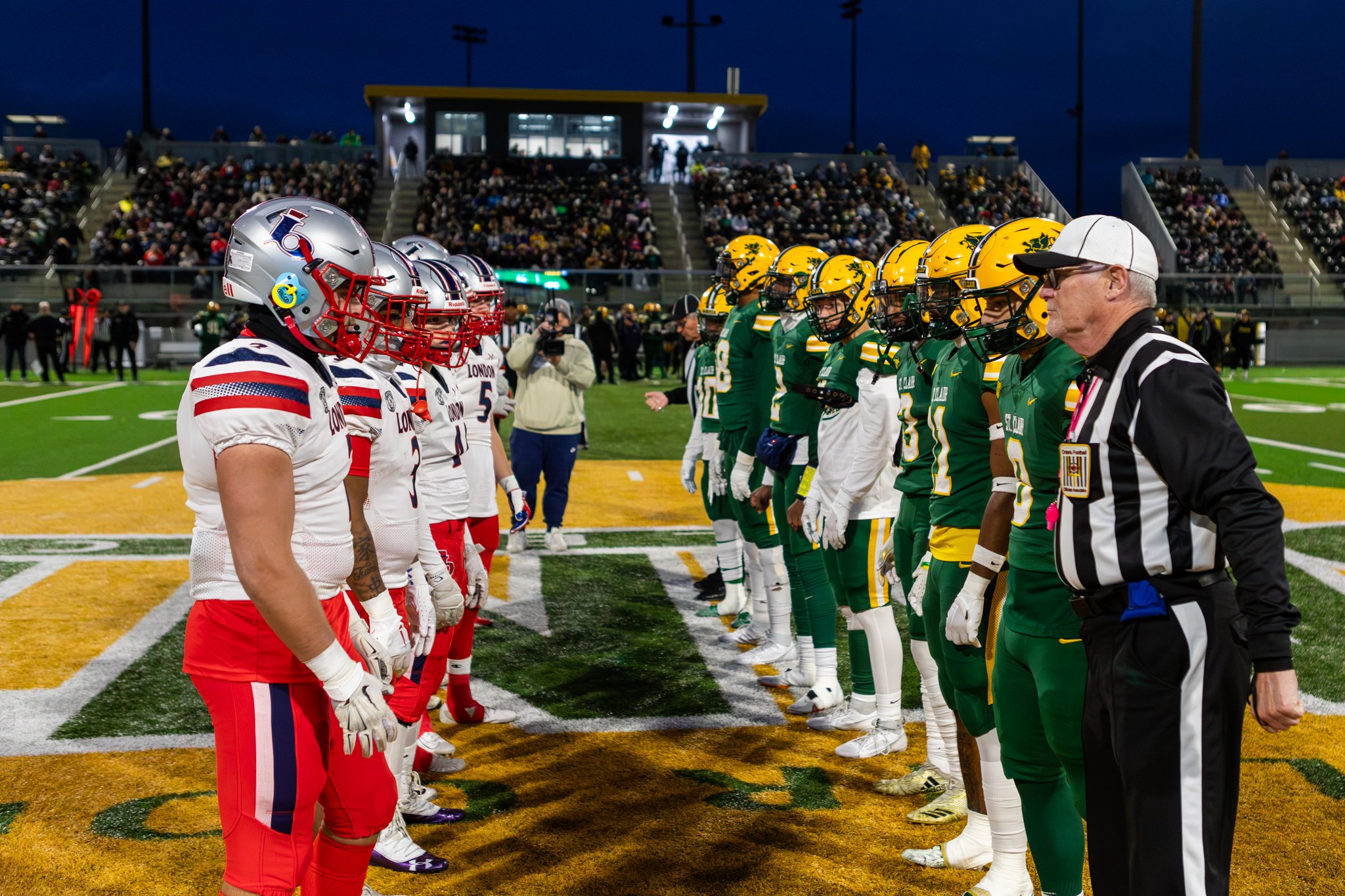



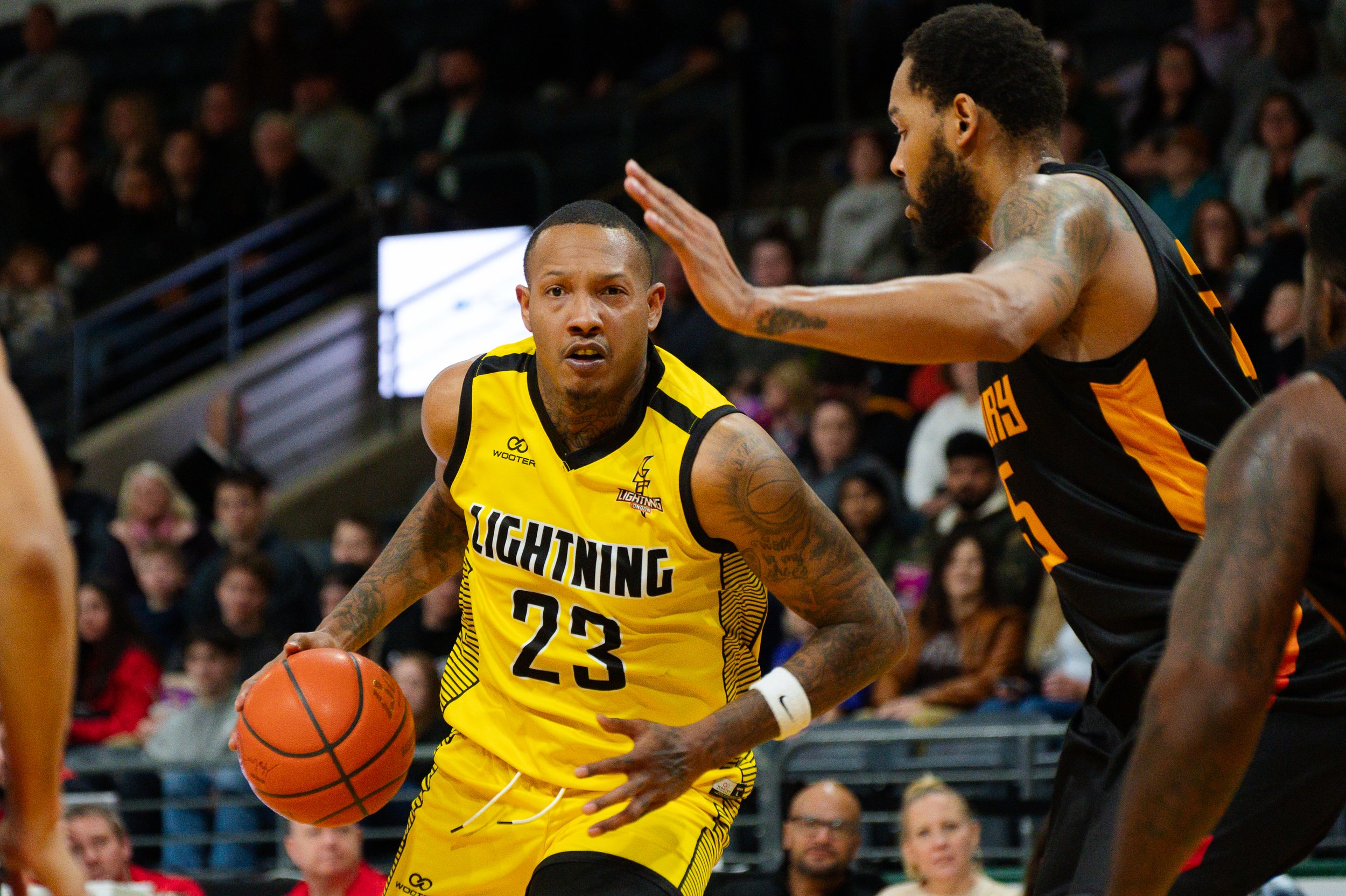

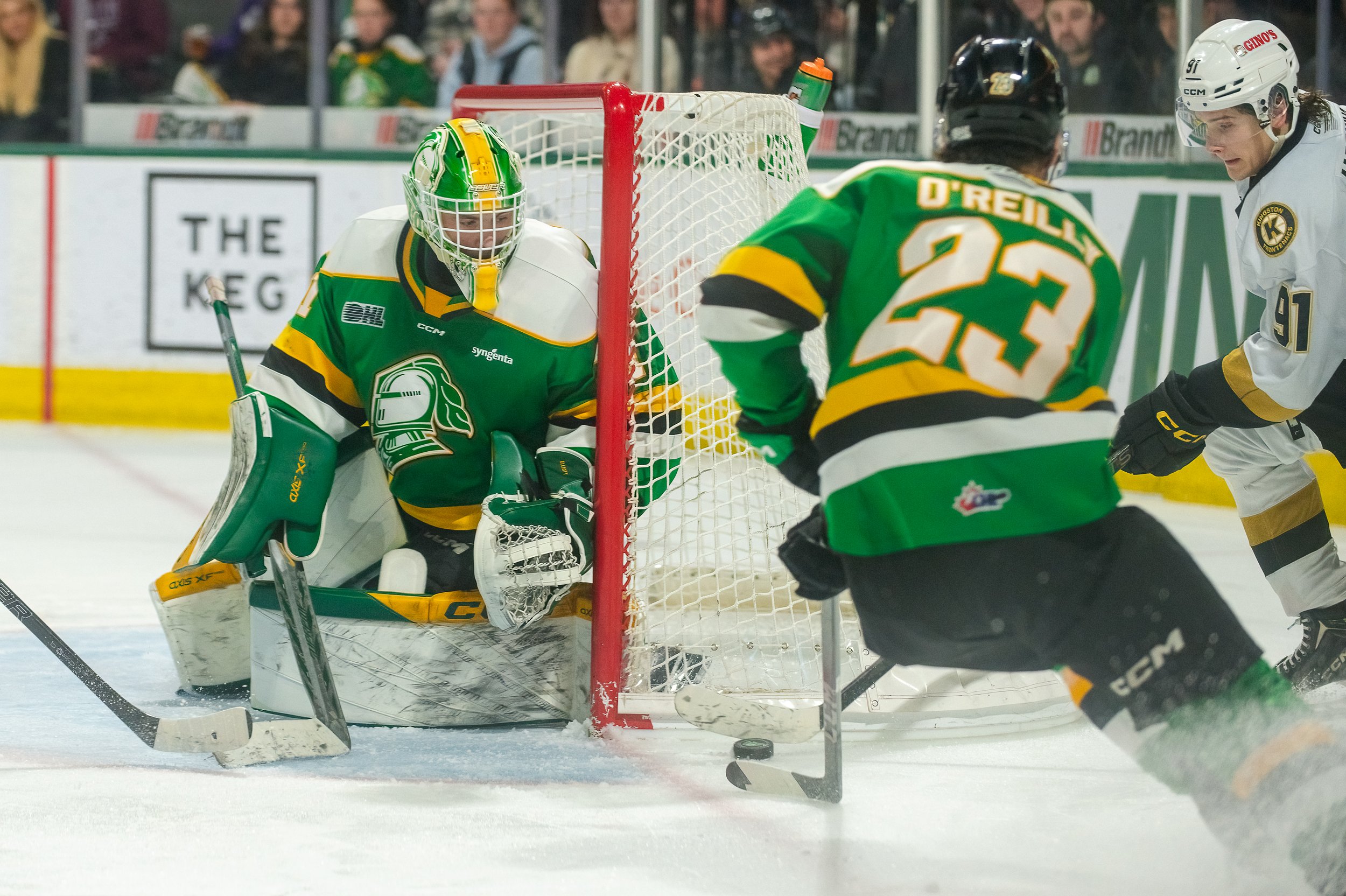


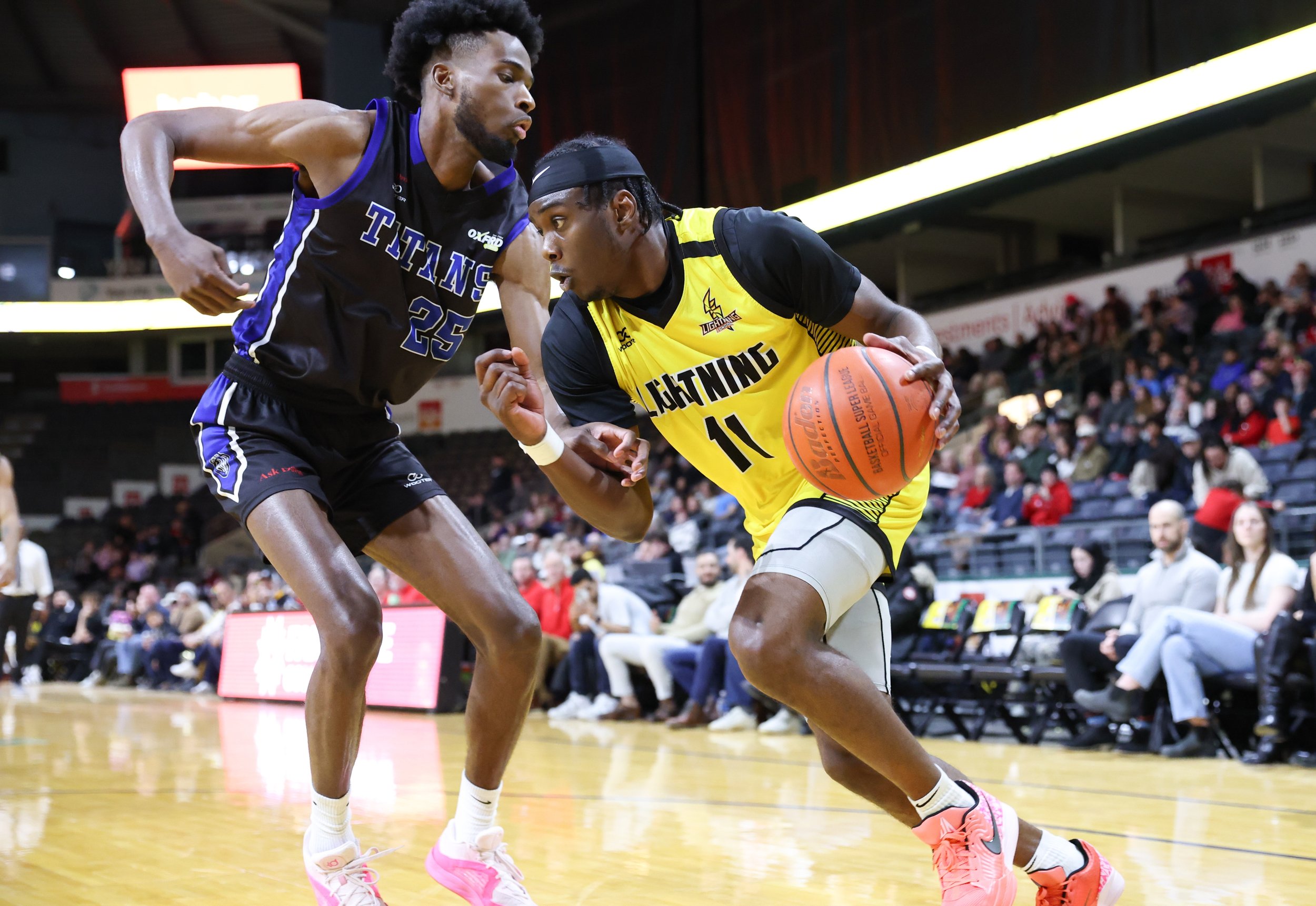

Knight Watch: After sweeping Owen Sound, London takes on the No. 5 Erie Otters in the second round of the OHL playoffs; Columnist Jake Jeffrey previews the matchup — and predicts the rest of the OHL series …